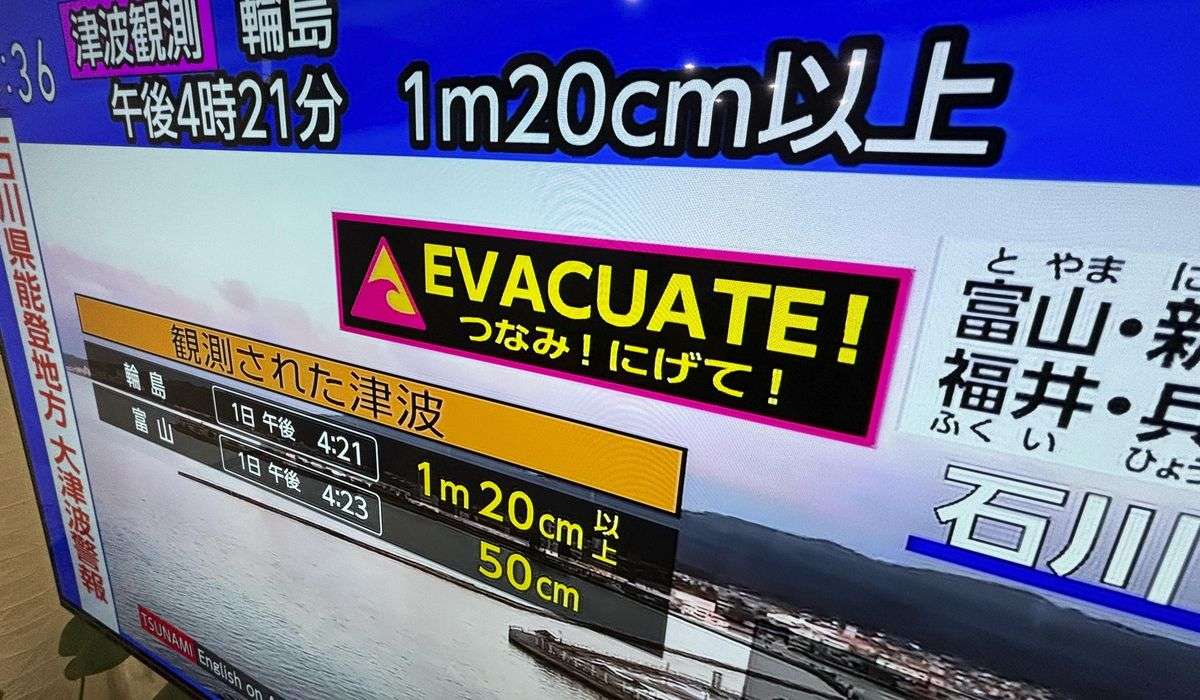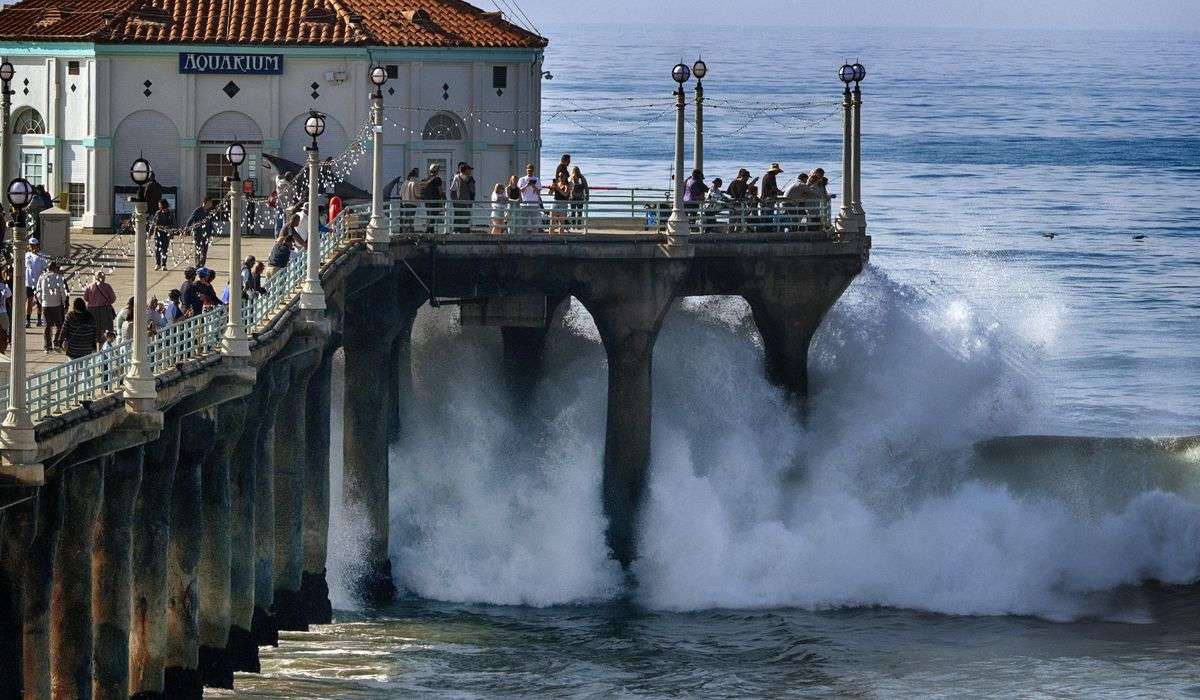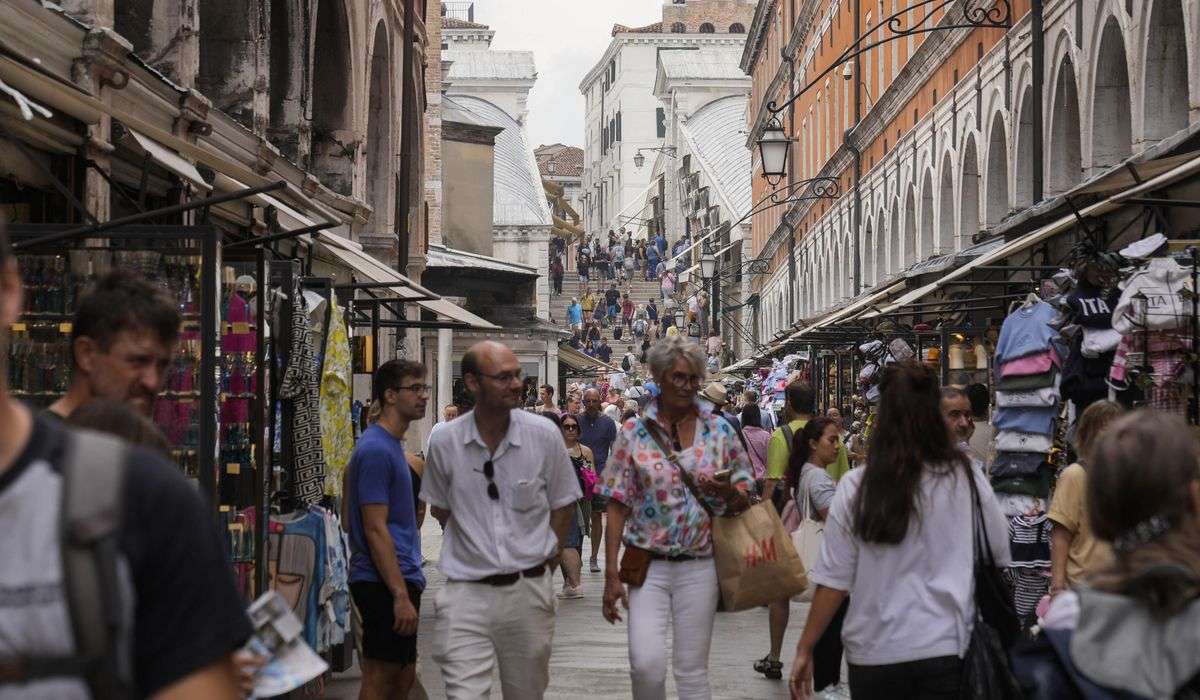Is the government doing enough to protect air travelers?
By Christopher Elliott,
Has the government done enough to protect air travelers during the pandemic? It depends on which numbers you look at.
Here’s one the Department of Transportation (DOT) wants you to see: 62,780. That’s how many complaints from air travelers it handled from March through June of this year, a 1,103 percent increase from the same period in 2019.
If you were one of the passengers who contacted the DOT after an airline canceled your flight and then balked at making a refund, thank the government if you got your money back.
But other numbers also have something to tell us about how well the government has protected air travelers. Or not. This year, the DOT has fined just five airlines a total of $1.3 million. If the number holds up — and it probably will — then the DOT will have taken even fewer enforcement actions against airlines this year than last year’s record low (seven). It will also have collected the smallest amount in airline fines since 2008.
The DOT’s consumer protection efforts have never been more important. From refunds to pandemic-related mask rules, the government is solely responsible for enforcing air travel consumer protections. Federal preemption protects airlines from enforcement actions by the states. The DOT’s Aviation Consumer Protection division is often passengers’ first, last and only hope for resolving a problem.
But that could be changing soon.
The government’s duty to protect air travelers came into sharp focus this spring when flights were canceled en masse as the covid-19 pandemic spread. The DOT deserves credit for how it responded, consumer advocates say. Many U.S. airlines didn’t want to offer refunds, as they must do under federal rules. The DOT issued a statement that airlines were obligated to provide prompt refunds and stepped up to enforce the rules in thousands of cases.
“When it comes to protecting consumers who were owed refunds, the DOT has been highly effective,” says Charles Leocha, the president of Travelers United, a consumer advocacy group.
But has the government done enough to protect air travelers? This month, the National Association of Attorneys General suggested that the answer is no. In a letter to Congress signed by 40 state and territory attorneys general, the association urged lawmakers to enact new consumer protections for airline passengers. Among them: authorizing state attorneys general to enforce federal airline consumer protection laws.
If Congress acts, the federal government could share consumer protection responsibilities with the states in 2021, offering new remedies for air travelers looking for refunds or complaining about bad service.
The DOT says it is doing everything in its power to protect passengers during the pandemic. A spokeswoman said the department “intends to take enforcement action against airlines that are not providing refunds to ticketed passengers when the airlines cancel a flight or make a significant schedule change.”
The spokeswoman also said the DOT has gone beyond securing refunds for travelers. For example, this year it proposed rules to better regulate travel by air with service animals and to define unfair and deceptive practices by airlines. It is also working to finalize rules on the length of time passengers can be stranded in a plane on the tarmac, compensation paid to travelers bumped from a flight because of oversales and mishandled-baggage liability limits.
Consumer advocates are less impressed by the government’s performance. They say Congress mandated much of the department’s rulemaking this year. And they say the DOT has ignored the crucial need for a mask requirement on planes during the pandemic. So far, the department has urged passengers to follow the recommendations of public health authorities, but it hasn’t issued a mask rule for air travel.
The DOT this month denied FlyersRights.org’s petition for a mask requirement. The department argued that it isn’t a public health authority, deferring to the Centers for Disease Control and Prevention as the federal agency responsible for safeguarding public health. The department also contended that airlines have sufficient mask requirements and that there should be no more government regulation than necessary.
Paul Hudson, the president of FlyersRights.org, says the absence of clear regulation is part of a “nearly complete collapse of aviation consumer protection enforcement by the DOT.” He says that under the current administration, proposed rules are blocked and existing ones go unenforced.
“Airline passenger protection has become nearly entirely a matter of airline policies,” Hudson adds. “To the extent DOT does anything, it acts as an adviser to airlines and passengers.”
Eduardo Angeles, senior counsel in the Clark Hill law firm’s government and regulatory affairs practice, says 2020 has been filled with missed opportunities when it comes to consumer protection. For example, the DOT has the authority to issue guidelines or regulations for temperature checks on air travelers but chose to do nothing.
“The U.S. Department of Transportation has not done enough to protect the interests of the traveling public,” Angeles says.
Maybe it should come as no surprise that passengers have only a vague idea of what the government is doing to help them. Most air travelers don’t know that the DOT has the sole power to enforce airline consumer rules. The ones that do know that often feel that their complaints disappear into a black hole.
When Scandinavian Airlines, also known as SAS, canceled Pamela Gillet’s flight from Newark to Oslo this spring, she asked the airline for a refund. After two months of waiting, the airline told her that refunds were taking “longer than expected.” In June, three months after applying for a refund, she contacted the DOT.
“I don’t know what the DOT is going to do with my complaint,” says Gillet, a retired schools superintendent from Winter Garden, Fla. “If it is only going to be counted as a statistic, then it’s no help at all. But if it moves forward with action against SAS, then the agency is being helpful to the consumer.”
Her case illustrates the limits of the DOT’s influence. Although it has enforcement power over any carrier operating on U.S. soil, foreign carriers sometimes ignore its requests. So far this year, the department has been particularly hard on international airlines. Three of the five enforcement orders — a total of $920,000 in fines — were against non-U.S. airlines. Asked about the lopsided enforcement against foreign carriers, a DOT spokeswoman said, “The department is committed to ensuring that airline passengers are treated fairly.”
One way or another, 2020 will be a defining year for passenger rights. The DOT will have worked harder than ever on behalf of air travelers, but it may also lose its job as air travelers’ sole protector.
Read more from Travel: Read past Navigator columns here






